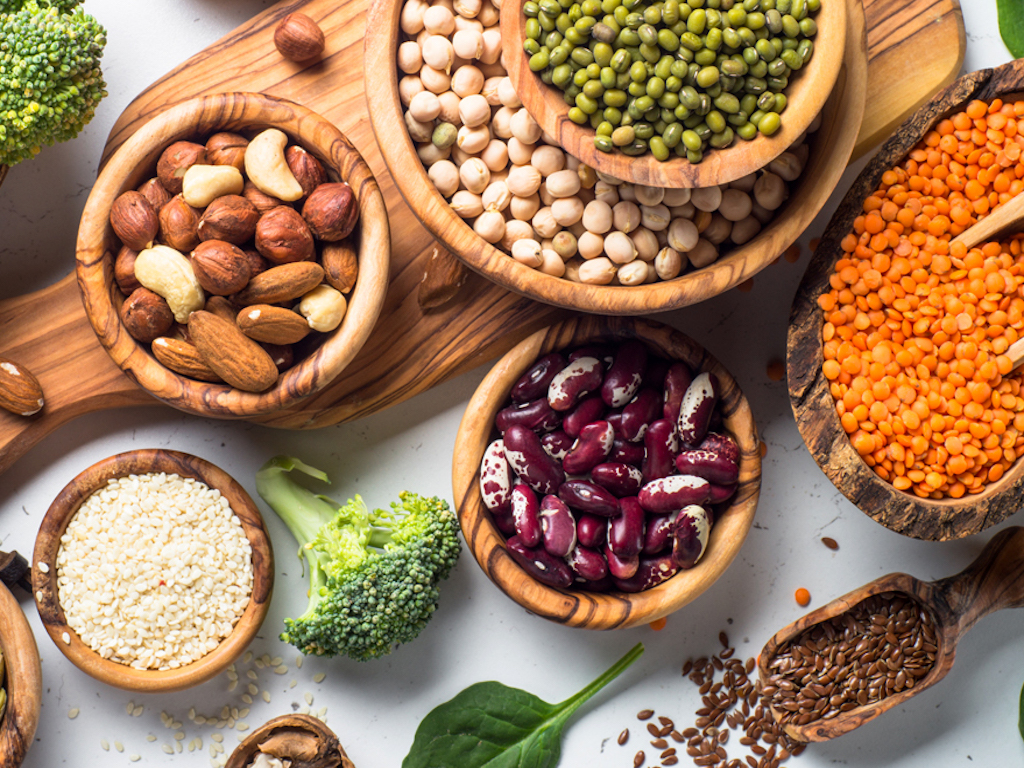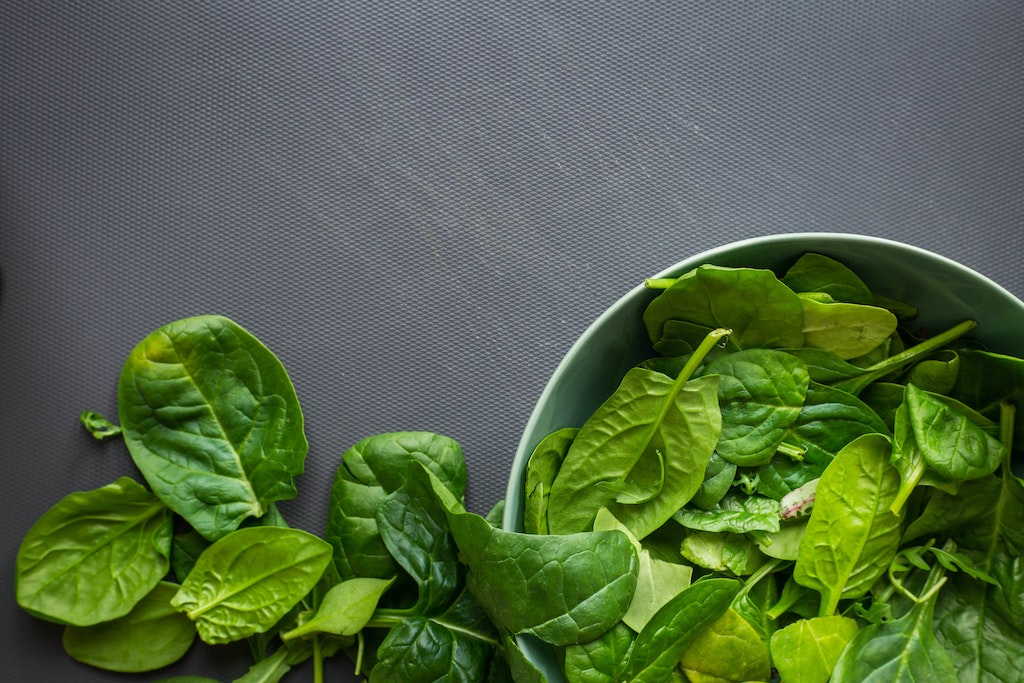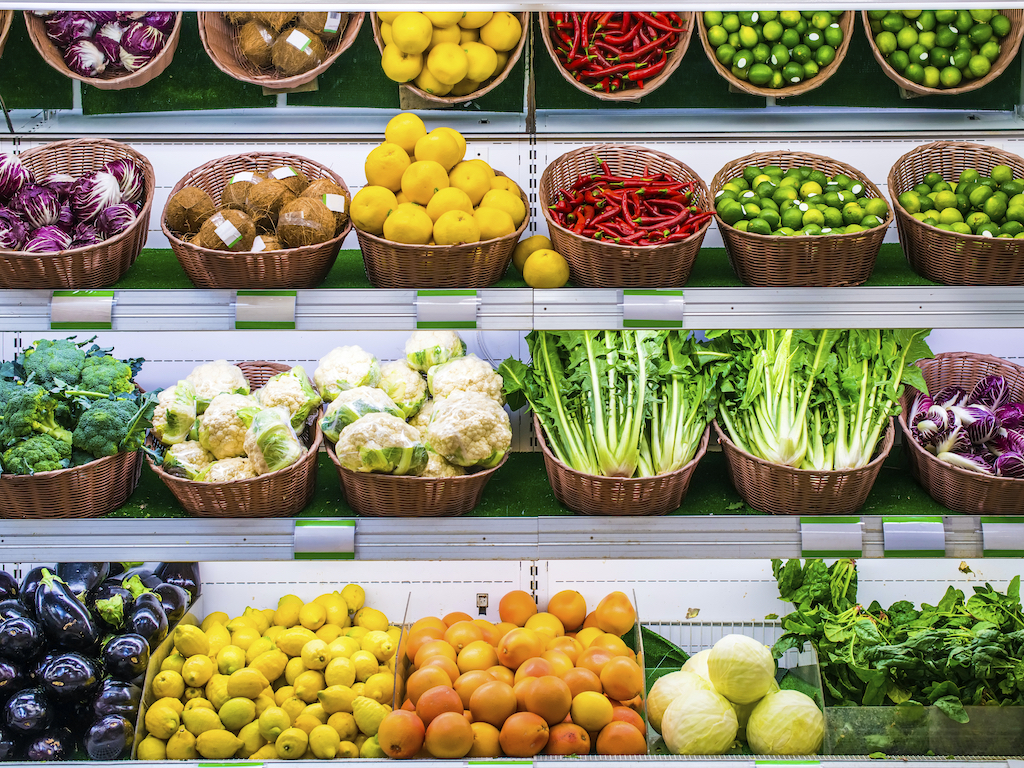4 Mins Read
While veganism has become one of the hottest trends recently, there are still loads of myths about the meat and dairy-free diet. Now, Dr. Alberto García Guerrero, a cardiologist and expert in plant-based nutrition, has dispelled some of these myths and set the record straight.
Asked by Barcelona’s leading plant-based meat brand Heura to debunk the most common misconceptions about veganism, Guerrero of the Health Service of the Principality of Asturias (SESPA) outlined 10 main myths, why they’re wrong, and the medical and scientific evidence behind them.
1. Plant-based diets does not equal a low-protein diet
“Proteins of vegetable origin (legumes, whole grains, nuts) are accompanied by phytonutrients and other trace elements that are associated with a greater quantity and quality of life in the long term. In a strict normocaloric vegetarian diet, there will be enough protein to meet the requirements of any population or stage of life: children, adults, pregnant women, the elderly and even professional athletes.”

2. Plant-based diets are not deficient in Vitamin B12
“It has been shown that those patients who follow a plant-based diet with adequate vitamin B12 supplementation have more adequate levels of vitamin B12 than those who follow an omnivorous diet.”
3. Yes, you can still get Vitamin D on a plant-based diet
“Vitamin D is a vitamin that is synthesised in the skin through sun exposure. Nowadays, it is frequently avoided due to its adverse effects on the skin, so physicians generally advise taking an oral supplement in times of low sun exposure regardless of diet. In the sunny months, slight sun exposure is enough to reach adequate levels of vitamin D.”

4. Same goes for omega-3 fatty acids
“According to the National Academy of Medicine, the only essential molecule of omega 3 is alpha-linolenic acid (ALA). Our body is capable of synthesizing the rest of omega 3 fatty acids, such as eicosapentaenoic acid (EPA) and docosahexaenoic acid (DHA) from ALA. We can find abundant amounts of ALA in plant-based products such as flax seeds or walnuts.”
5. Iron deficiencies are not caused by plant-based diets
“Iron deficiency, known as anemia is common throughout the world, but it has never been shown that people who follow a plant-based diet have a higher prevalence of iron deficiency than people with omnivorous diets. In addition, a person who bases their diet on products of plant origin usually consumes twice as much iron as they need.”
“Women generally need 18mg/day of iron while men need about 12-15mg: a large roast potato contains approximately as much iron as 90 grams of chicken meat. Three cups of spinach contains about 18 mg of iron, which is more than a 240 gram steak, and a single cup of cooked soybeans contains between 8 and 9 mg of iron.”

6. There are many plant-based sources of calcium
“Green leafy vegetables, cruciferous vegetables, and nuts are the main sources of calcium in a plant-based diet. A serving of whole cow’s milk contains approximately 125mg of calcium, while serving of almond milk contains about 200mg. A serving of spinach contains around 145mg of calcium.”
7. Plant-based diets are suitable for athletes & can even enhance performance
“In the latest consensus statement, the American Dietetic Association states that strict vegetarian eating is healthy and nutritionally adequate for elite athletes. Furthermore, emerging scientific evidence shows clear advantages in blood flow, cardiac morphology and function.”

8. Plant-based diets don’t lead to virility issues
“Regarding levels of testosterone, no differences have been observed between people with plant-based diets and omnivores. Emerging evidence suggests that a higher consumption of whole plant foods could be associated with a lower prevalence of impotence problems.”
9. It’s not true that plant-based diets are expensive
“In all the studies conducted to date, plant-based diets are actually cheaper than omnivorous diets.“

10. Plant-based diets don’t cause intestinal diseases
“A 100% vegetable diet is currently used as a treatment for inflammatory intestinal diseases. The intestine is healthier the greater variety of plants we consume. Both the soluble and insoluble fibre present in plant foods show a crucial role in the proper functioning of our intestinal microbiota.”
Lead image courtesy of Heura.




